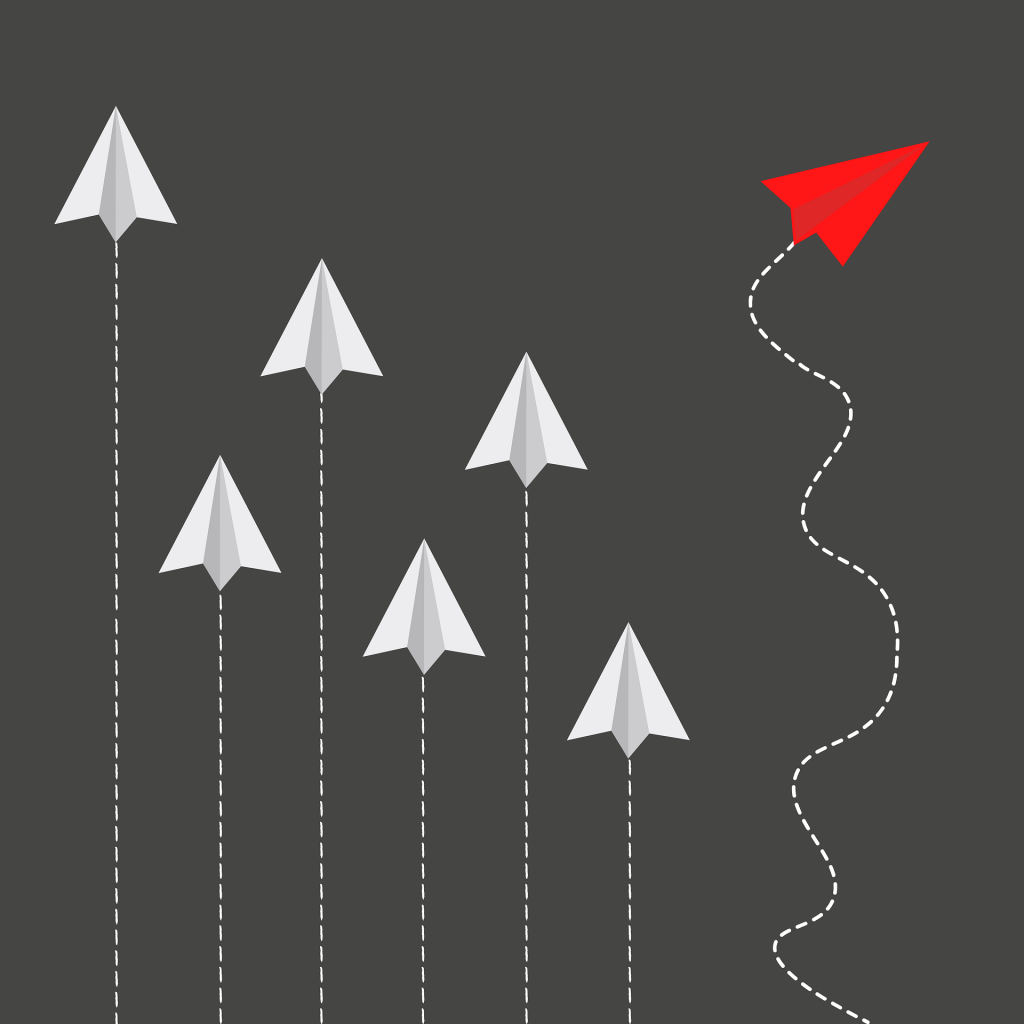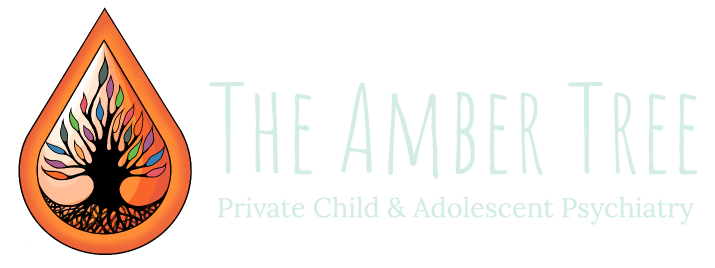What is ADHD?
ADHD stands for Attention Deficit Hyperactivity Disorder. It’s a medical condition that affects how you think, feel, and act. If you have ADHD you may find it harder to focus, control your impulses, and sit still in class or at the dinner table.
Signs of ADHD

- Inattention:
- Difficulty paying attention to details and tasks for any length of time.
- Forgetfulness, especially with complex tasks.
- Hyperactivity:
- Restlessness or fidgeting.
- Difficulty staying seated, needing to move around or run about.
- Impulsivity:
- Risky situations such as running away, climbing and/or jumping off objects
- Interrupting others during conversations.
- Unable to wait in turn.
Having ADHD doesn’t mean you’re less intelligent or capable. It means the attention centres in your brain works a little differently; many people find this is beneficial in some situations but can be problematic as well. Understanding your strengths and challenges can help you make your ADHD work for you.
Tips for Managing ADHD
- Get Organized:
- Use planners, calendars, and lists to keep track of tasks and assignments.
- Break Tasks into Smaller Steps:
- Focus on one part at a time to make things feel more manageable.
- Use Visual Aids:
- Charts, graphs, and visual schedules can help you stay on track.
- Set Realistic Goals:
- Celebrate your achievements, no matter how small these start out as.
- Regular Exercise:
- Physical activity helps release excess energy and improves focus.
- Mindfulness and Relaxation:
- Practice techniques like deep breathing or meditation to calm your mind and improve focus.
- Adapt your Environment:
- Let teachers know what helps you learn and stay focused. Fidget toys, exercise breaks and wobble chairs can all be helpful. Examinations are not always ADHD friendly and it is your right to request adaptations are made to minimise the impact of your ADHD on important exams.
- Build a Support System:
- Share your ADHD diagnosis with trusted friends, family, and teachers. They can offer support, understanding, and help create an environment where you can thrive.
- Celebrate Your Unique Abilities
- Remember, having ADHD means you bring unique strengths to the world. Embrace your creativity, energy, and ability to think outside the box.
Medication and Therapy
Medication is often very helpful for managing ADHD if adaptions to your environment have not been enough to manage your symptoms. Medication is usually used to help you in places where you are expected to sit and focus for long periods, such as in school.
